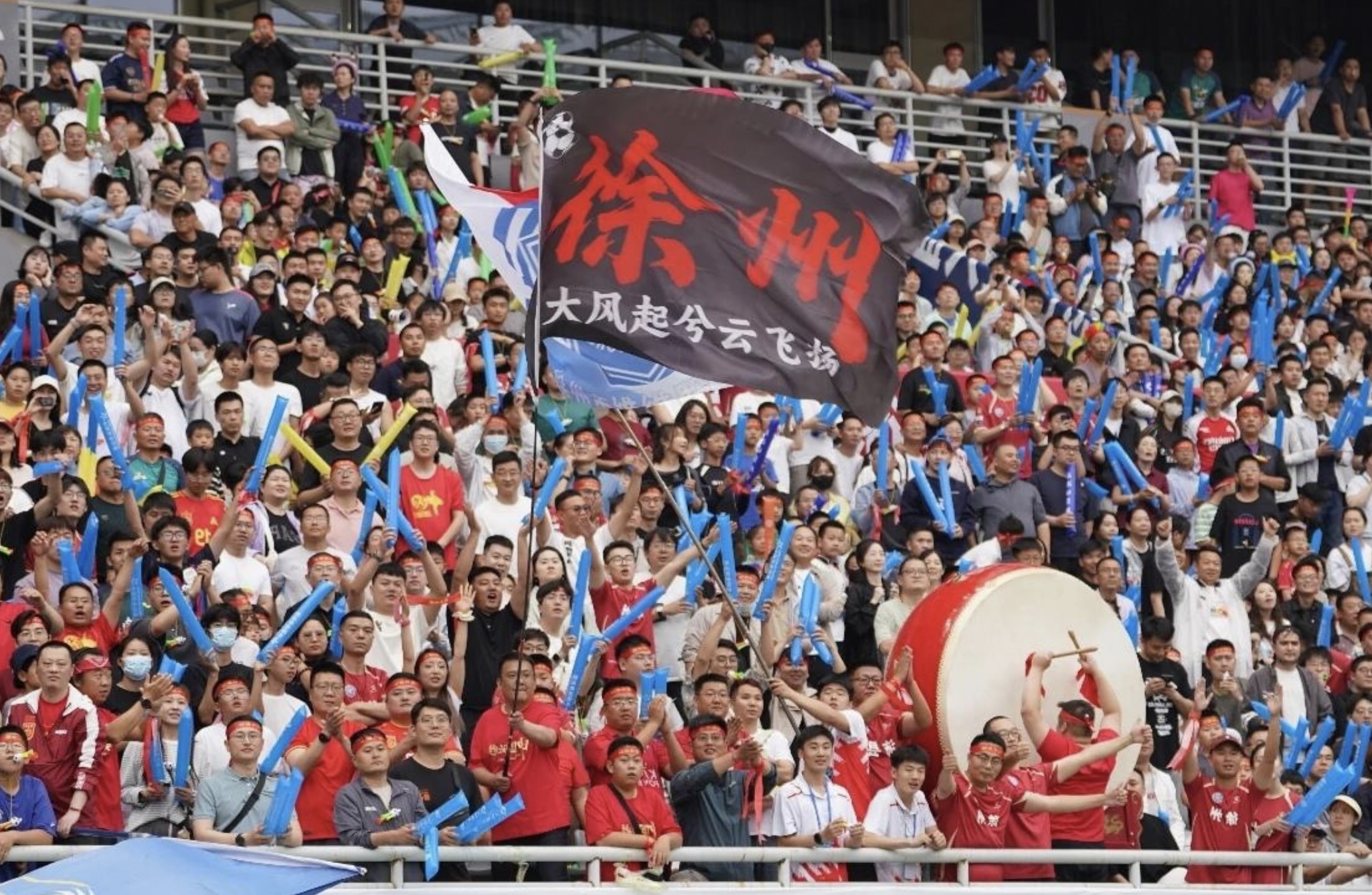Mondays are hard. With no more sleep-ins and five full days of work ahead, many Chinese netizens are starting to sympathize with a bitter and short-tempered character they used to hate in their childhood: Squidward from the beloved SpongeBob SquarePants franchise.
Known as ‘Brother Octopus’ (章鱼哥) in China, Squidward is a main character in the SpongeBob cartoons who hates his job as a cashier at the Krusty Krab restaurant — a stark contrast from his cheerful coworker SpongeBob. Naturally, the cartoon squid is constantly annoyed by his colleague’s childlike enthusiasm.
Many Chinese netizens who watched SpongeBob growing up are starting to relate to Squidward’s pessimistic outlook on work and life.
One trending post on Weibo, China’s top microblogging platform, reads, “I didn’t like Squidward when I was little, but now I’ve become Squidward.”
Yesterday morning alone, the hashtag ‘Squidward is me at work’ (#章鱼哥演我上班心情#) garnered more than 48 million views on Weibo, with netizens posting lines by Squidward like, “Let me reiterate: I hate everyone. I hate the whole world,” “I’m alive, but I’m not happy,” and “The most important thing in my life is to go home at 6 PM sharp.”

Many Chinese netizens have also created memes with captions like, “I’ll have to go to work again when I open my eyes,” “If I just let it rot, nothing can bother me,” and “Tomorrow is the weekend, nobody can wake me up.”

SpongeBob SquarePants first aired in China in 2006. Shortly after appearing on Chinese state broadcaster CCTV, it gained traction, especially among young children, for its colorful illustrations and witty lines. Today, many of the Millennials and Gen Zers who grew up bingeing Nickelodeon programs have entered the workforce.
Squidward’s newfound popularity can likely be attributed to China’s ‘lying flat’ and ‘let it rot’ phenomena. Tired of the toxic 996 work culture that pervades many Chinese industries and unable to quit their jobs, some Chinese youth aspire to do only the bare minimum in the office, are openly passive-aggressive towards work, and make light of it to cope with stress.
As such, they have found an unlikely icon in the anthropomorphic octopus, who is always sleeping or reading on the job, sassy towards others, and accepting of his temperament.

SpongeBob SquarePants episodes are available on the Chinese streaming platforms iQiyi and Bilibili and have hundreds of millions of views on the latter.
In some circles, the cartoon is a popular ‘digital pickled vegetable,’ a Chinese internet slang term referring to mindless content to watch while eating a meal. For others in China, though, the SpongeBob series is so much more than just a cartoon for kids or mealtime entertainment — it is a relatable commentary on modern society.
“I started watching SpongeBob SquarePants back when I was still a baby. Now I’m in my junior year in college, but I still watch the series all the time. I found it very funny when I was little, but now I see it as an accurate reflection of society,” wrote one user on Zhihu, a Chinese social media platform similar to Quora.
Cover images via Weibo


















